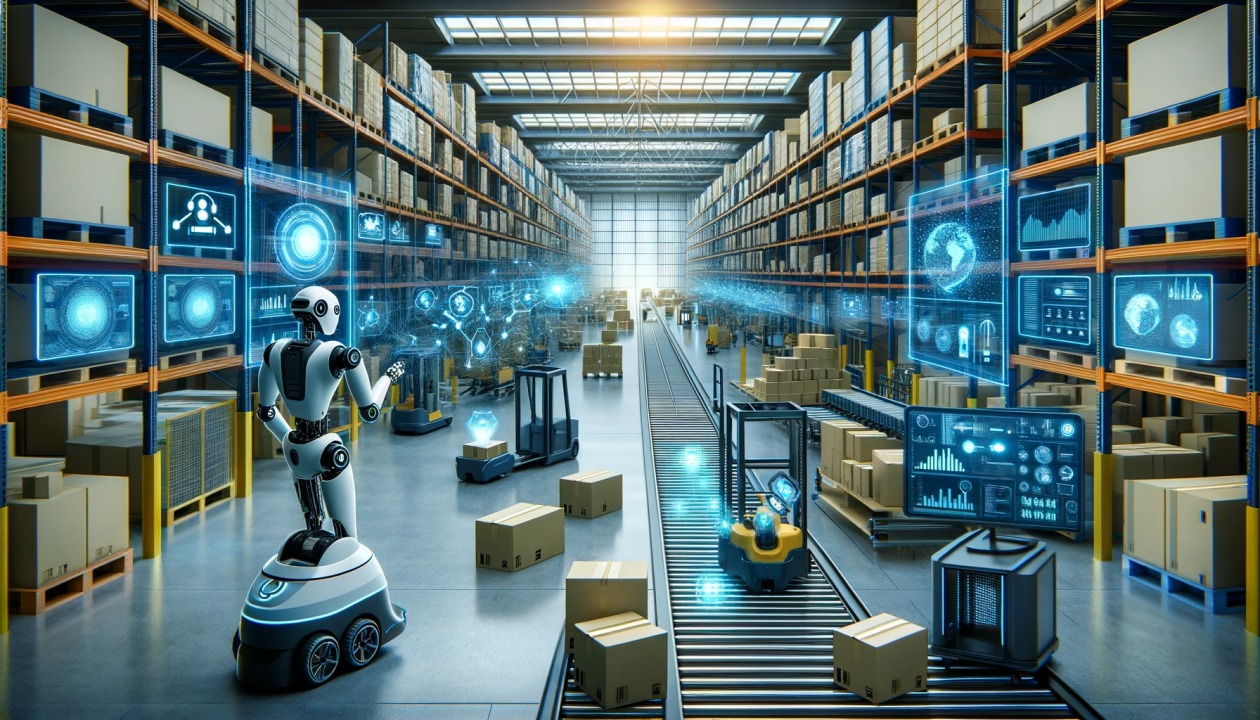Traditional reactive maintenance in retail, where equipment is fixed only after it breaks down, is disruptive to operations and frustrating for customers. Predictive maintenance offers a powerful alternative, leveraging artificial intelligence (AI) to prevent downtime before it occurs.
While the ability to predict the future has always enticed mankind, its accuracy has been an aspect of debate. Data science is addressing this issue and is instrumental in accurately predicting future events associated with equipment and its performance.
Unprecedented technological advancements with cutting-edge technology and analytical solutions delivering massive value across industries. The key advancements that mark this era are Big Data, the Internet of Things (IoT), Artificial Intelligence (AI), Data Analytics and technology-enabled remote services that automate and drive business operations with intelligent actionable insights.
What is Predictive Maintenance?
Predictive maintenance is a method that uses data analysis to predict when equipment is likely to fail. In contrast to reactive maintenance (fixing things when they break), or preventive maintenance (fixing things on a schedule), predictive maintenance aims to address problems before they happen, based on the actual condition of the equipment.
In the context of retail, this means using sensors on equipment to collect data on things like vibration, temperature, and energy consumption. Machine learning algorithms analyze this data to find patterns that indicate a potential failure is coming. With this information, retailers can schedule maintenance pro-actively to avoid unexpected downtime.
Predictive Maintenance for Retailers
The retail industry continues to stay dynamic and operate on an ever-transforming set of operational guidelines that are increasingly data-driven and evolving to keep up with consumer expectations. As digital and physical purchasing channels blend into one, to set themselves apart, retailers must consistently innovate to bring customers back to their stores. One such innovation is the application of AI in retail operation through Heating, Ventilation and Air Conditioning (HVAC) systems in smart commercial buildings.
For a sector like retail, where equipment dependency is high for operations, investing in digital maintenance can yield multiple benefits including equipment reliability, equipment uptime and maintenance cost savings.
According to a reporty, there is a potential for some companies to improve equipment availability by 5-15% and reduce maintenance costs by 18-25% by adopting fully digitized predictive maintenance.
“The average company can reduce its spend on preventive maintenance by up to 50%” as noted in a market study by ARC Advisory Group. Another report by the same firm finds that “only 18% of assets have an age related failure pattern, while a full 82% of asset failures occur randomly. This means 82% of assets are not actually in jeopardy of failure due to age, and the preventive maintenance performed on assets is ineffective.”
This is where predictive and condition-based maintenance become instrumental in making maintenance more effective.
-
Reduced Downtime: By addressing issues before they disrupt operations, retailers minimize equipment downtime, ensuring a smooth customer experience. No more frustrated shoppers facing a broken self-checkout or sweltering in a malfunctioning AC unit.
-
Operational effectiveness: Over time, predictive maintenance helps improve operational efficiency by optimizing utilization of maintenance resources and maintenance spend. This also helps in better utilizing the resource pool for any unavoidable reactive maintenance, which almost always requires urgent human intervention. Digitizing planned maintenance enables remote fixes and makes maintenance more efficient.
-
Extended Equipment Life: Catching problems early allows retailers to take corrective actions that prolong the lifespan of their equipment, maximizing their investment.
-
Boost in brand value: With effective maintenance of equipment health and reduced downtime, store equipment can run optimally longer . This could lead to an improved customer and employee in-store experience as well as avoidance of food spoilage or losses (in certain cases), thereby improving brand image.
-
Improved top and bottom line: While initial implementation costs for predictive maintenance might be comparatively higher than the traditional preventive maintenance cost, it comes with an attractive expected return on investment and potential savings for retailers in maintenance cost avoidance annually. With the ambience in the store maintained as per set policies, customer comfort and eventually sales are likely to improve over time.
The Role of AI in Predictive Maintenance
Artificial Intelligence (AI) plays a pivotal role in empowering predictive maintenance in retail operations. AI algorithms can mine vast amounts of data, identifying patterns, anomalies, and correlations that human analysts may overlook. By leveraging machine learning techniques, AI can predict equipment failure more accurately, enabling retailers to take preventive measures and avoid costly downtime.
Imagine an AI-powered system constantly monitoring the performance of various equipment in a retail store. It collects data from sensors, analyzes historical patterns, and compares them with real-time information. The AI algorithms can detect subtle changes in performance that may indicate an impending failure. This early detection allows retailers to schedule maintenance activities at the most opportune times, minimizing disruption to operations.
Moreover, AI can continuously learn from new data, improving its predictive capabilities over time. As more data is collected and analyzed, the AI algorithms become more accurate in identifying potential issues and providing actionable insights. This iterative process of learning and refinement enables retailers to optimize their maintenance strategies and ensure the longevity of their equipment.
Future Trends in AI-Based Predictive Maintenance
The future of AI-based predictive maintenance in retail operations looks promising, with several emerging trends set to transform the industry.
The Impact of AI on Future Retail Operations
AI will continue to reshape retail operations, offering advanced analytics, automation, and personalized experiences. With AI-driven demand forecasting, retailers can optimize inventory levels and prevent stockouts, improving customer satisfaction. Furthermore, AI-powered robots and drones may become integral in performing maintenance tasks autonomously, further augmenting operational efficiency.
Predictions for AI and Predictive Maintenance in Retail
The potential for AI in predictive maintenance is vast. In the future, AI algorithms will become increasingly accurate and efficient, leveraging real-time data from sensors and Internet of Things (IoT) devices. This will enable retailers to detect anomalies and predict failures with unparalleled precision, ensuring seamless operations and maximizing uptime.
Conclusion :
In the face of potential breakdowns, reactive maintenance leaves retailers scrambling. Predictive maintenance, powered by AI, offers a future-proof solution. By leveraging data and intelligent analysis, retailers can anticipate equipment failures before they occur, preventing costly downtime and ensuring a seamless customer experience. This proactive approach translates to significant cost savings, extended equipment life, and data-driven decision-making. As AI technology continues to evolve, predictive maintenance will undoubtedly become the cornerstone of efficient and profitable retail operations.
Read more :
AI POWERED FRAUD DETECTION AND LOSS PREVENTION
Demand Forecasting with AI: Avoiding Stockouts and Overstocking
For more information contact : support@mindnotix.com
Mindnotix Software Development Company


 AI-Taxi App
AI-Taxi App AI-Food App
AI-Food App AI-Property Mgmt App
AI-Property Mgmt App AI-CRM
AI-CRM AI-Fantasy App
AI-Fantasy App
 Web Development
Web Development App Development
App Development Business & Startup
Business & Startup Hire Developer
Hire Developer
 Digital Marketing
Digital Marketing Lead-generation
Lead-generation Creative Agency
Creative Agency Branding Agency
Branding Agency Augmented Reality
Augmented Reality Virtual Reality
Virtual Reality Internet of Things
Internet of Things Artificial Intelligence
Artificial Intelligence Blockchain
Blockchain Chatbot
Chatbot



